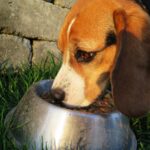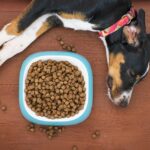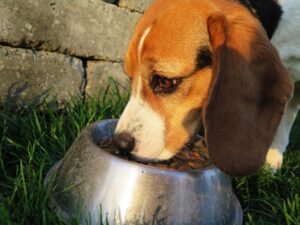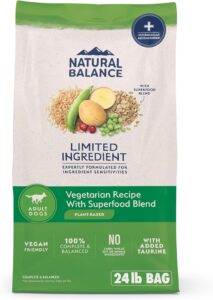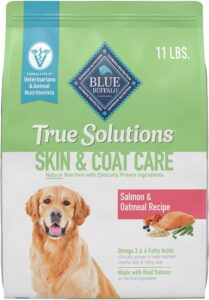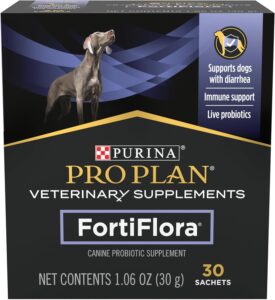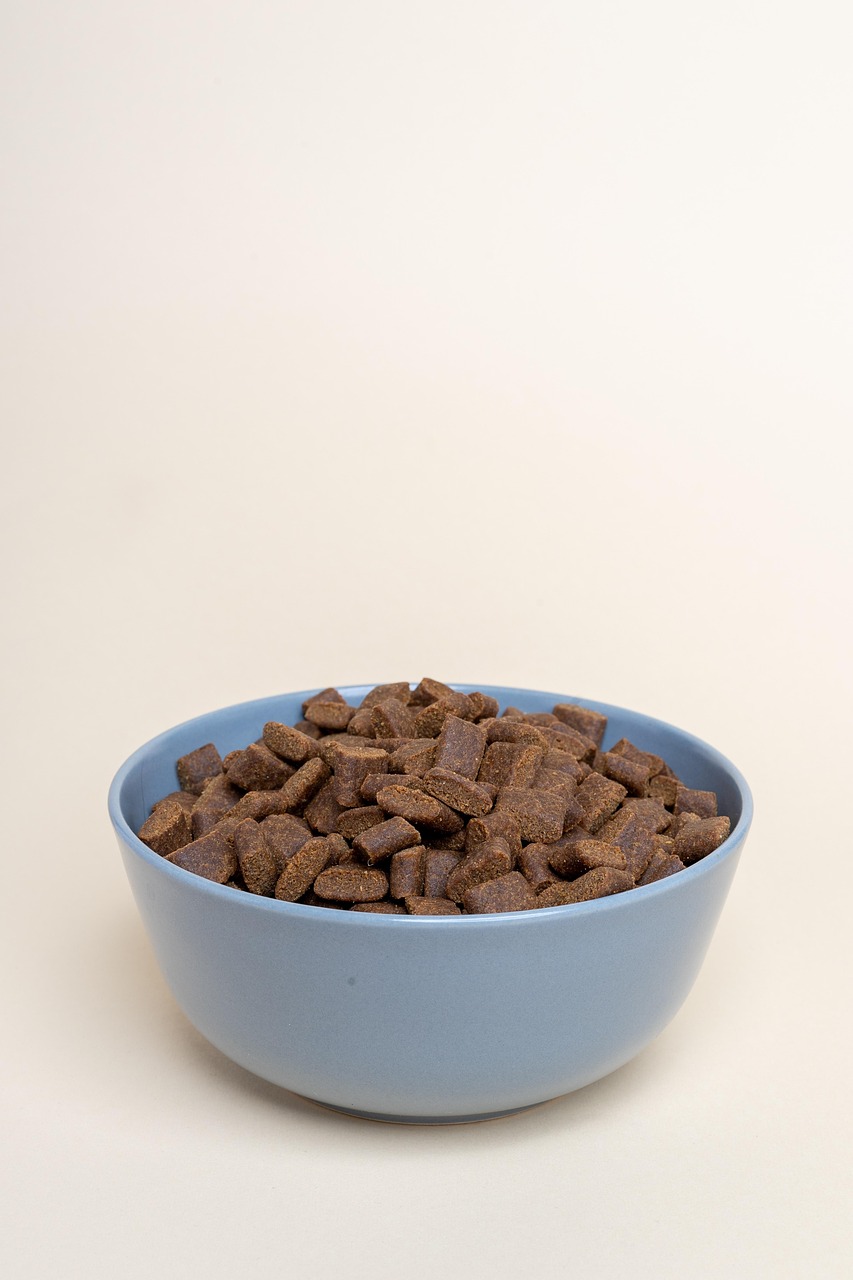
In recent years, more pet owners have turned to homemade dog food to ensure their furry companions receive the best nutrition possible. Crafting your own dog food allows you to control the quality of ingredients, tailor meals to your dog’s specific health needs, and avoid the preservatives and additives often found in commercial dog foods. This article explores the benefits of homemade dog food and provides top recipes that promote optimal canine health.
Benefits of Homemade Dog Food
Making dog food at home offers several key advantages:
Control Over Ingredients
When you prepare your dog’s meals, you have complete control over the ingredients. This means you can avoid harmful additives, preservatives, and fillers that might not be beneficial for your pet’s health. You can also select high-quality, fresh ingredients that provide essential nutrients.
Customization for Health Needs
Homemade dog food allows you to tailor meals to your dog’s specific health needs. Whether your dog has allergies, a sensitive stomach, or requires a special diet due to a medical condition, you can adjust the recipes accordingly.
Improved Digestion
Many dogs experience improved digestion with homemade meals. Fresh, whole foods are often easier for dogs to digest compared to processed kibble, which can lead to better nutrient absorption and overall health.
Enhanced Flavor
Dogs are often more enthusiastic about eating homemade meals compared to commercial dog food. The natural flavors and aromas of fresh ingredients can make mealtime more enjoyable for your pet.
Nutritional Requirements for Dogs
Before diving into recipes, it’s crucial to understand the basic nutritional needs of dogs. A balanced diet for dogs should include:
Protein
Protein is vital for muscle development and repair. It should make up a significant portion of your dog’s diet. Good sources include lean meats like chicken, beef, turkey, and fish.
Fats
Fats provide energy and support cell function. Healthy fats can be found in fish oil, flaxseed, and chicken fat. They also help maintain a shiny coat and healthy skin.
Carbohydrates
Carbohydrates provide energy and fiber. Brown rice, sweet potatoes, and oats are excellent sources of carbohydrates for dogs.
Vitamins and Minerals
Essential vitamins and minerals are necessary for overall health. These can be obtained from a variety of fruits and vegetables, such as carrots, spinach, blueberries, and apples.
Top Homemade Dog Food Recipes
Chicken and Rice Delight
This simple and nutritious recipe is perfect for dogs with sensitive stomachs.
Ingredients:
– 2 cups of cooked brown rice
– 1 pound of boneless, skinless chicken breasts
– 1 cup of mixed vegetables (carrots, peas, green beans)
– 1 tablespoon of fish oil
Instructions:
1. Cook the chicken breasts thoroughly and shred them into small pieces.
2. In a large bowl, mix the shredded chicken with the cooked rice and vegetables.
3. Add the fish oil and stir well to combine.
4. Allow the mixture to cool before serving.
Beef and Sweet Potato Stew
Rich in protein and carbohydrates, this stew is ideal for active dogs.
Ingredients:
– 1 pound of lean ground beef
– 2 medium sweet potatoes, peeled and diced
– 1 cup of chopped spinach
– 1 apple, cored and diced
– 1 tablespoon of olive oil
Instructions:
1. In a large pot, brown the ground beef over medium heat. Drain excess fat.
2. Add the sweet potatoes and enough water to cover the ingredients. Simmer until the sweet potatoes are tender.
3. Stir in the spinach, apple, and olive oil.
4. Cook for an additional 5 minutes, then remove from heat.
5. Let the stew cool before serving it to your dog.
Fish and Quinoa Medley
This omega-rich recipe is excellent for maintaining a shiny coat and healthy skin.
Ingredients:
– 2 cups of cooked quinoa
– 1 pound of boneless fish (such as salmon or white fish)
– 1 cup of broccoli florets
– 1 tablespoon of flaxseed oil
Instructions:
1. Bake or grill the fish until it is fully cooked. Break it into small chunks.
2. In a large bowl, combine the cooked quinoa, fish, and broccoli.
3. Drizzle with flaxseed oil and mix well.
4. Allow the medley to cool before serving.
Turkey and Vegetable Hash
Packed with lean protein and vitamins, this recipe supports overall health and well-being.
Ingredients:
– 1 pound of ground turkey
– 1 cup of diced carrots
– 1 cup of peas
– 1 zucchini, diced
– 1 tablespoon of coconut oil
Instructions:
1. In a skillet, heat the coconut oil over medium heat.
2. Add the ground turkey and cook until it is no longer pink.
3. Stir in the carrots, peas, and zucchini, and cook until the vegetables are tender.
4. Remove from heat and let the mixture cool before serving.
Lamb and Brown Rice Feast
Lamb is an excellent protein source for dogs with beef or chicken sensitivities.
Ingredients:
– 1 pound of ground lamb
– 2 cups of cooked brown rice
– 1 cup of chopped green beans
– 1 cup of diced pumpkin
– 1 tablespoon of sunflower oil
Instructions:
1. Cook the ground lamb in a skillet over medium heat until fully cooked.
2. In a large bowl, combine the cooked lamb with the brown rice, green beans, and pumpkin.
3. Drizzle with sunflower oil and mix thoroughly.
4. Allow the feast to cool before serving.
Tips for Preparing Homemade Dog Food
Consult a Veterinarian
Before transitioning your dog to a homemade diet, consult with a veterinarian or a pet nutritionist to ensure that the recipes meet your dog’s nutritional needs.
Rotation and Variety
To provide a balanced diet, rotate different protein and vegetable sources. This prevents nutrient deficiencies and keeps your dog interested in their meals.
Proper Storage
Homemade dog food should be stored in airtight containers in the refrigerator and used within a few days. For longer storage, consider freezing portions.
Conclusion
Homemade dog food offers numerous benefits, from improved nutrition to enhanced flavor. By carefully selecting ingredients and following the recipes provided, you can ensure your furry friend receives optimal nutrition for a long, healthy life. Always remember to consult with a vet before making significant changes to your dog’s diet, and enjoy the rewarding experience of preparing meals that contribute to your pet’s well-being.
“`
#ChatGPT assisted in the creation of this article.


